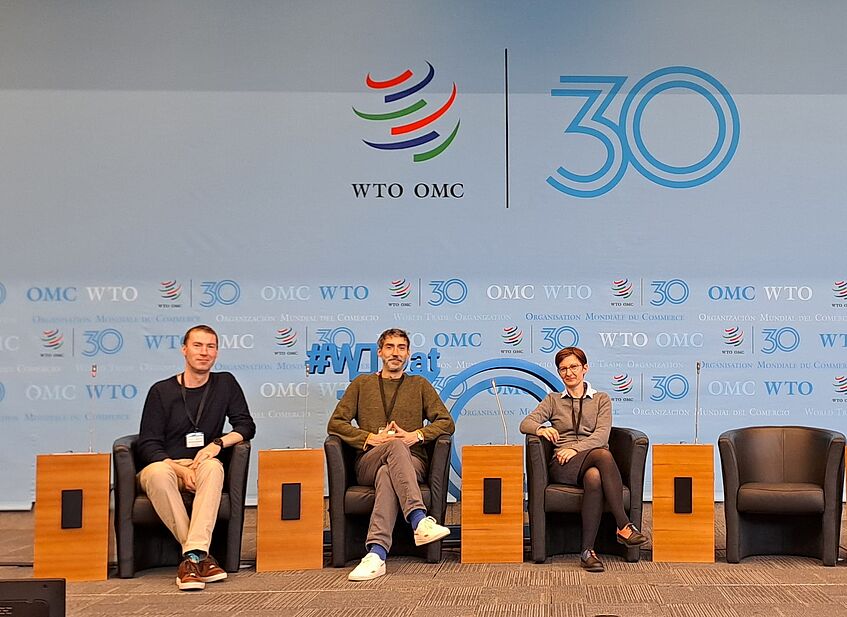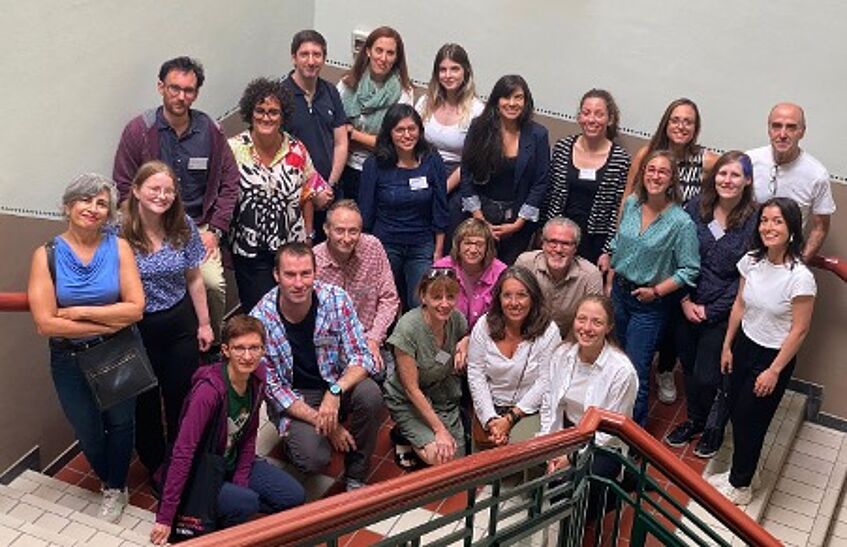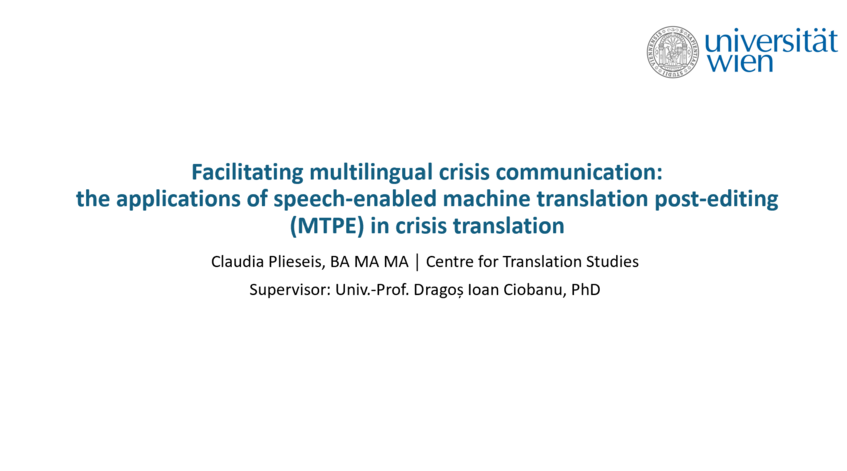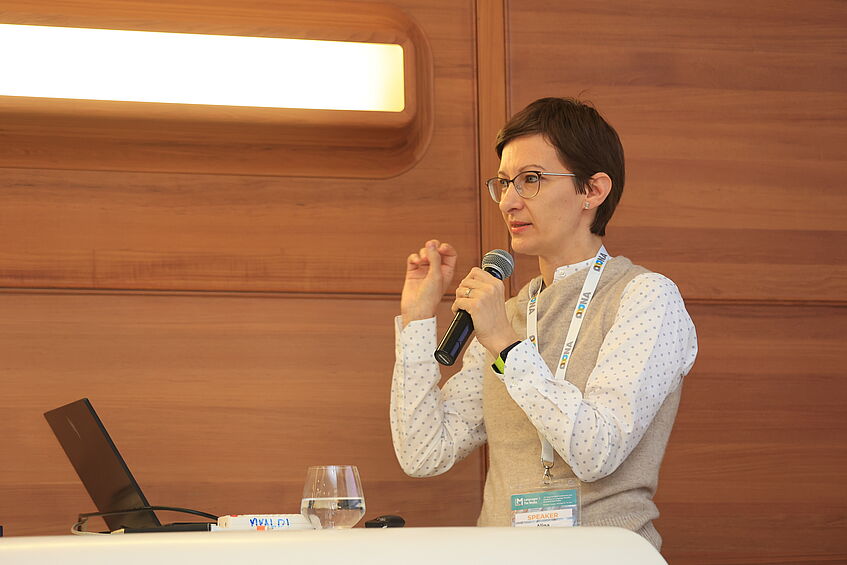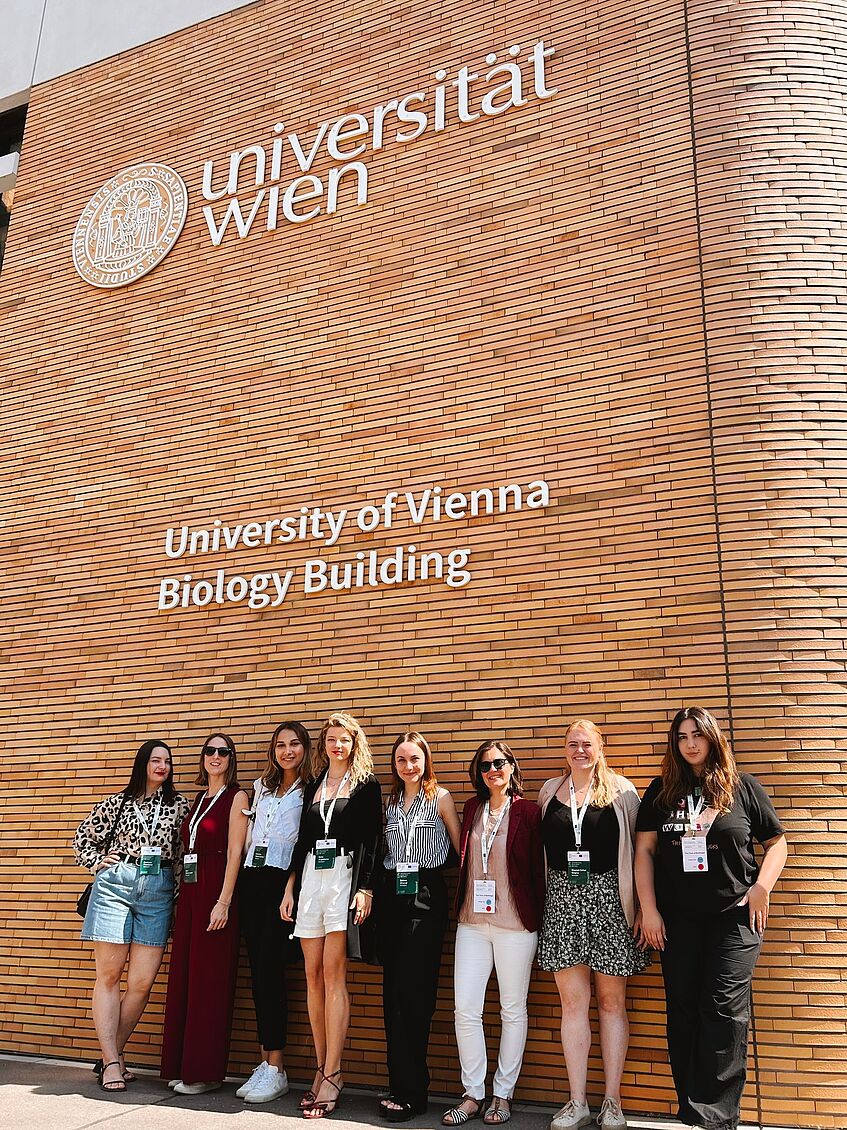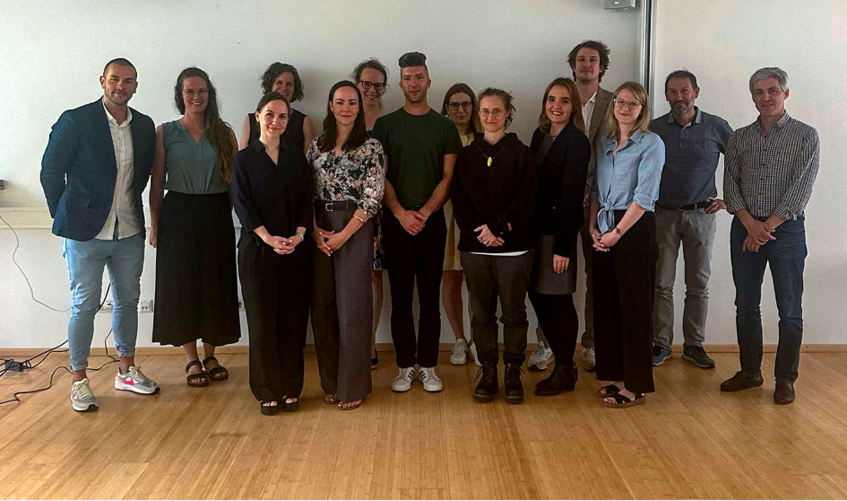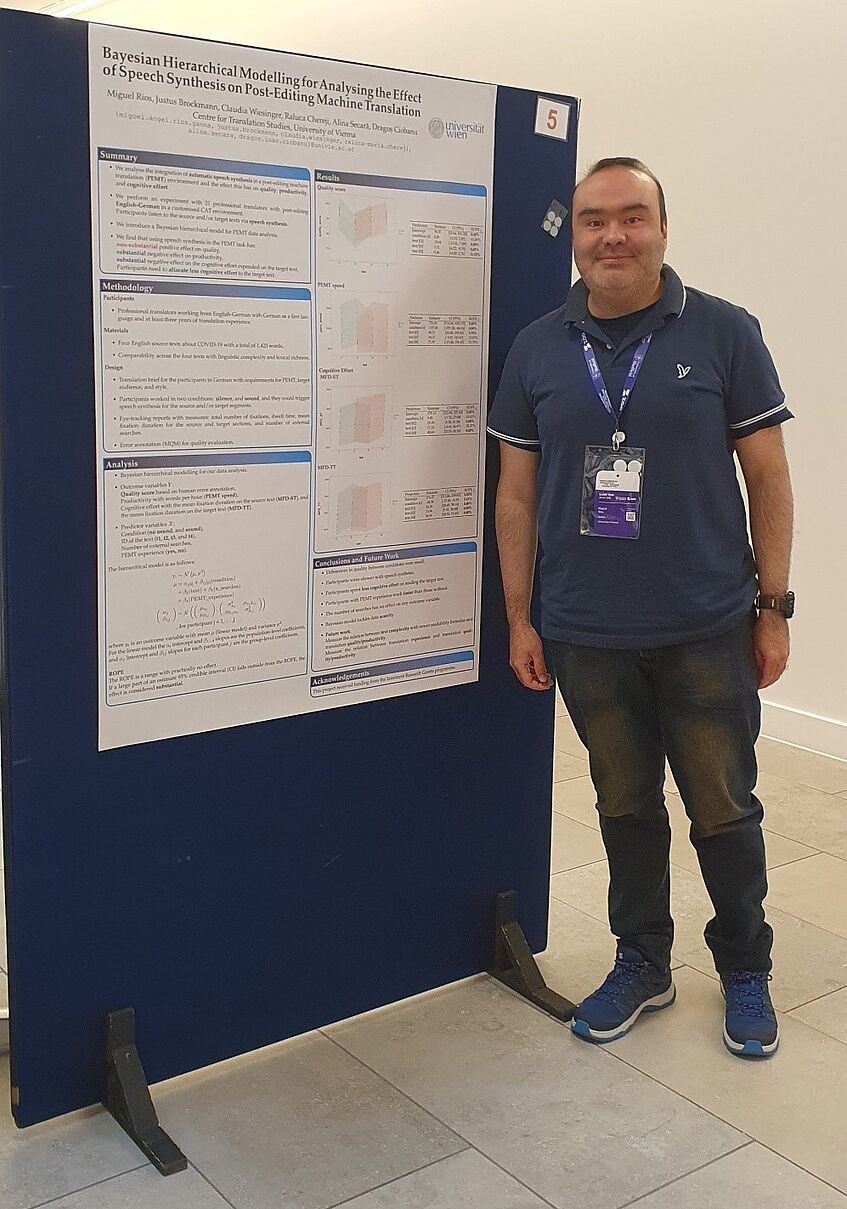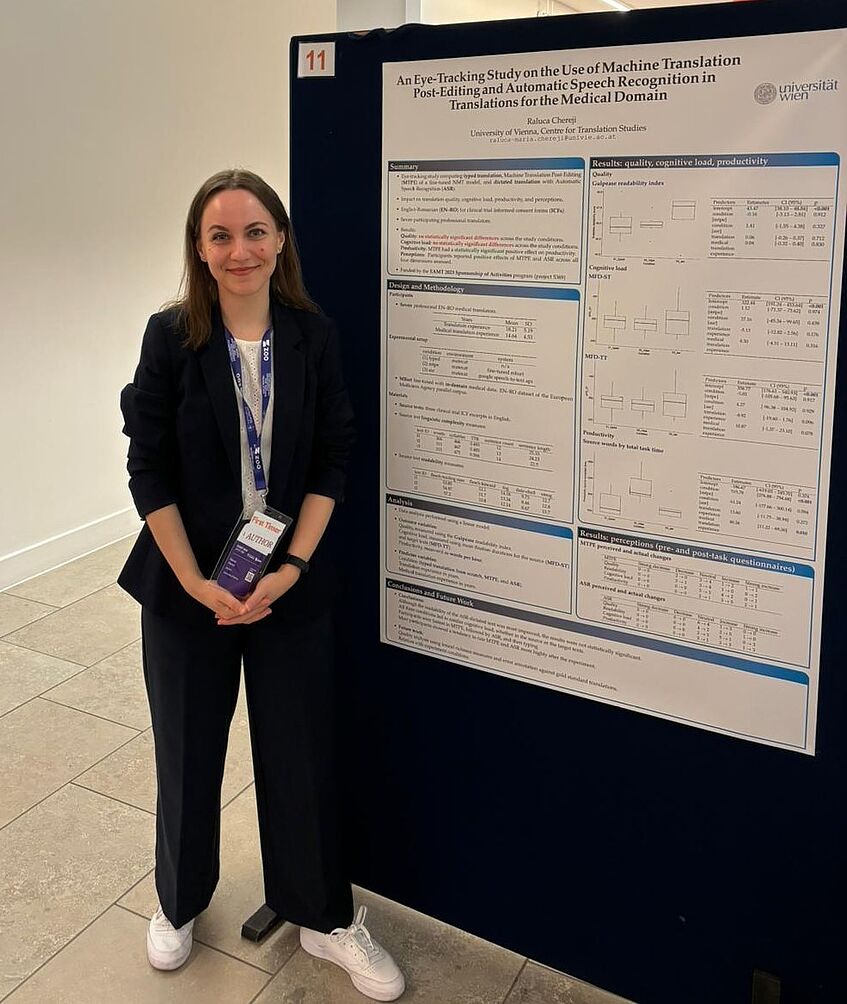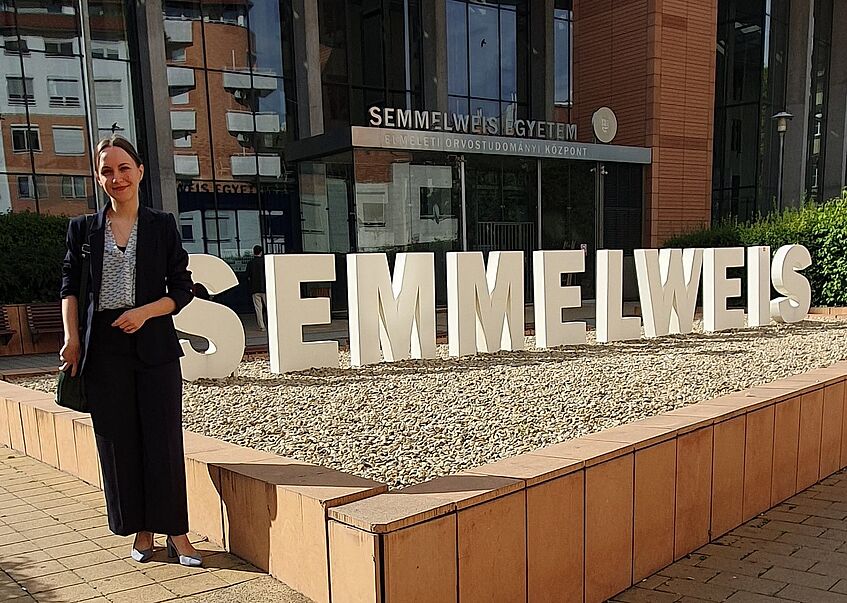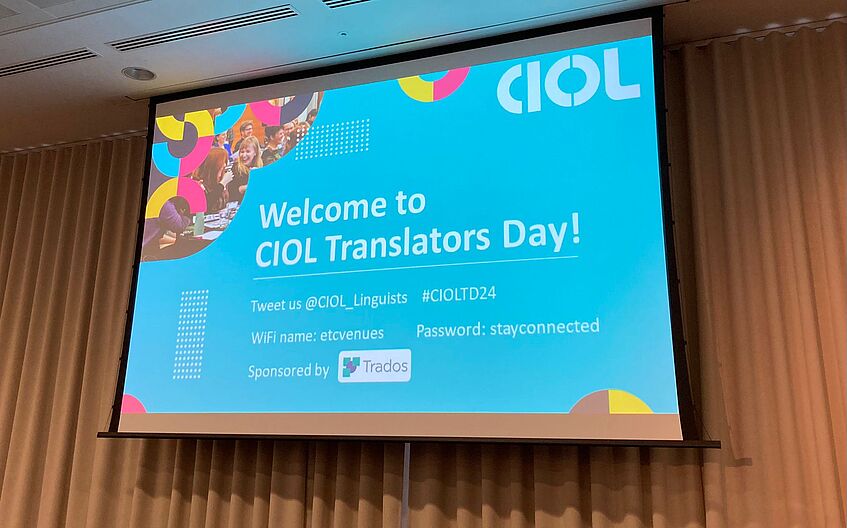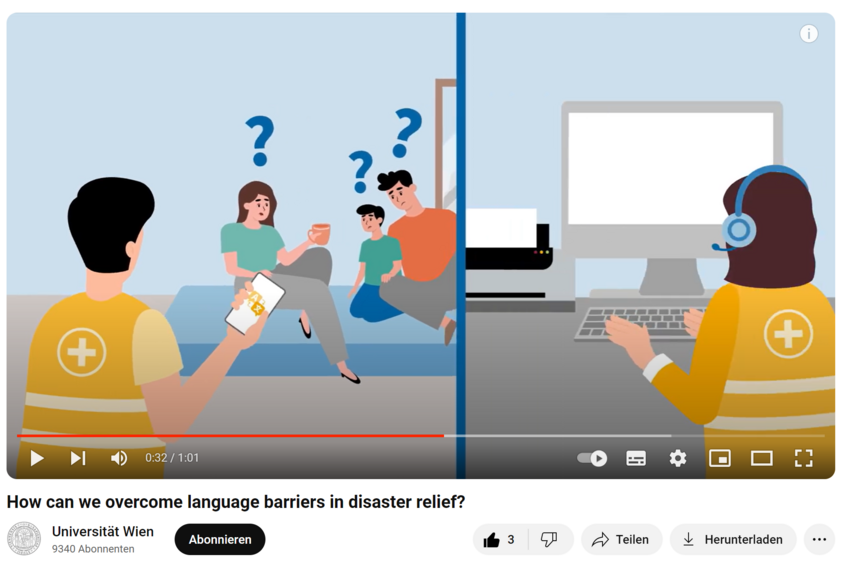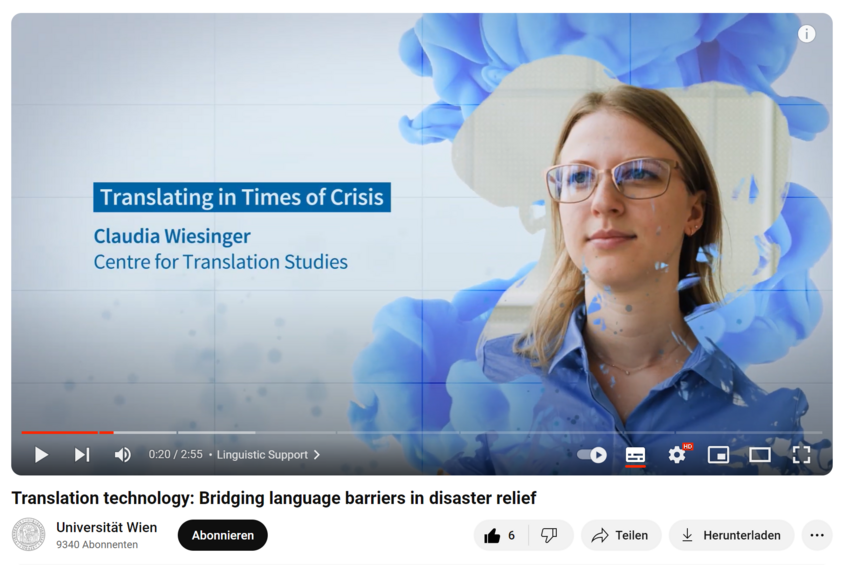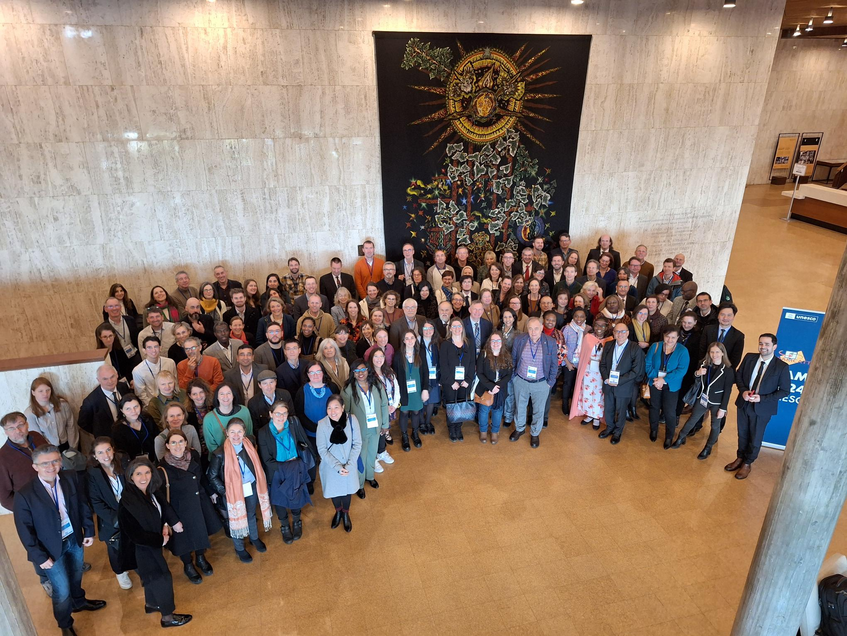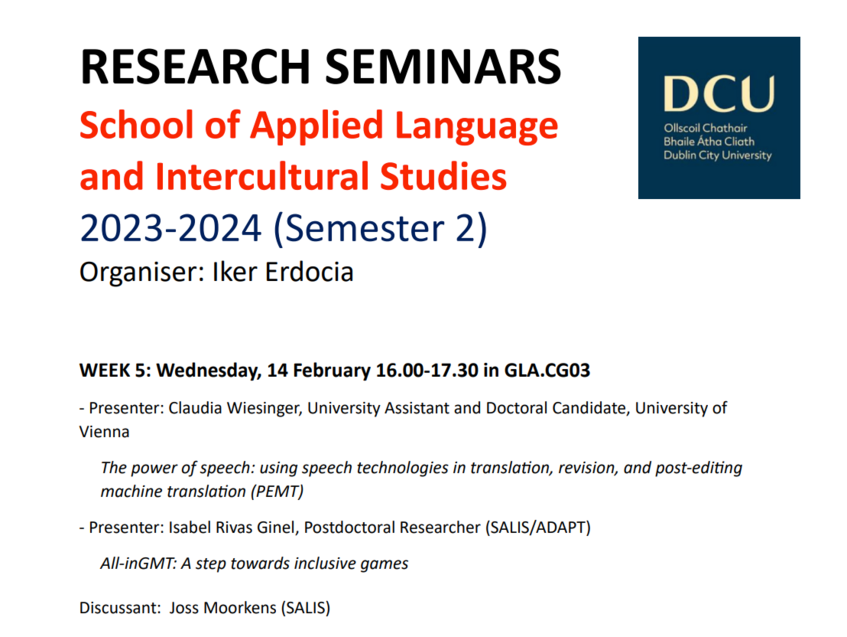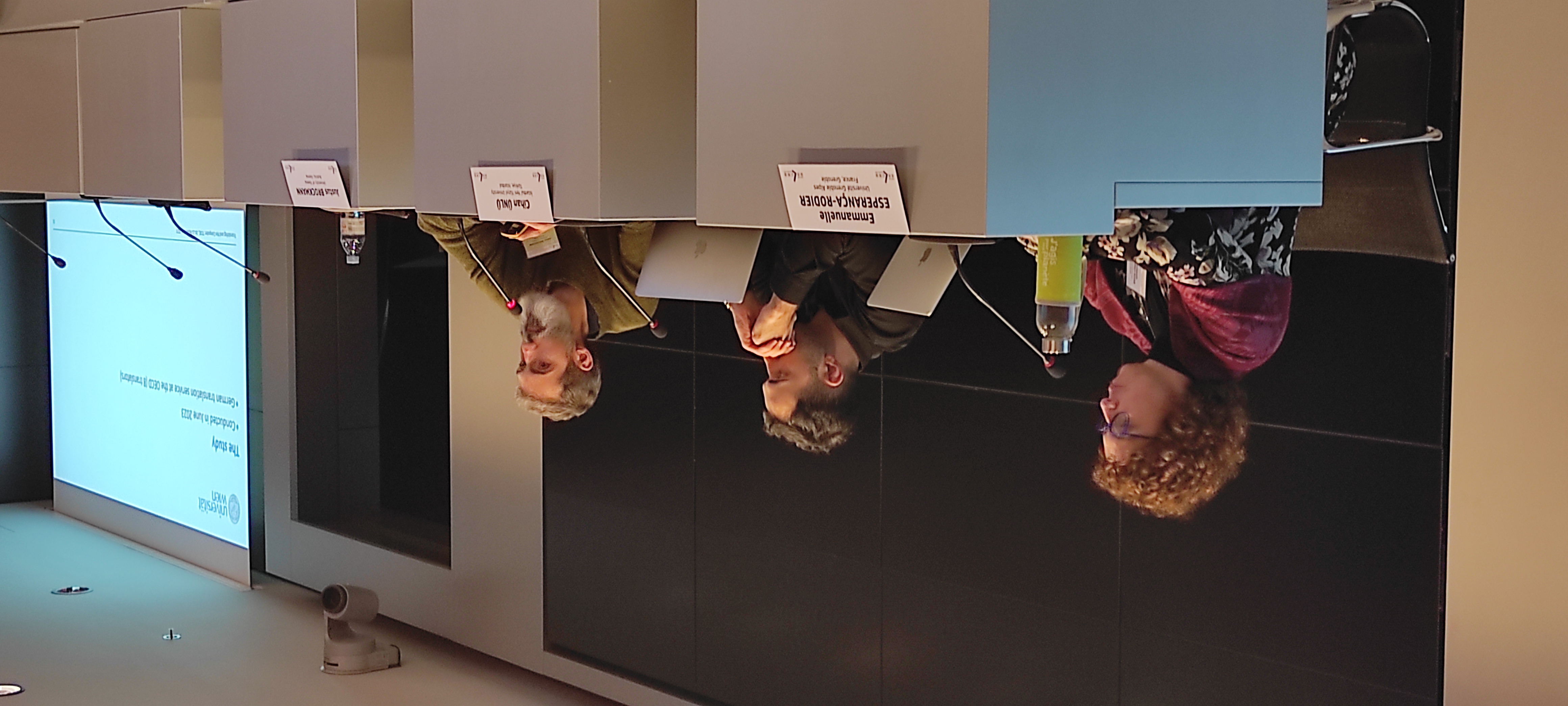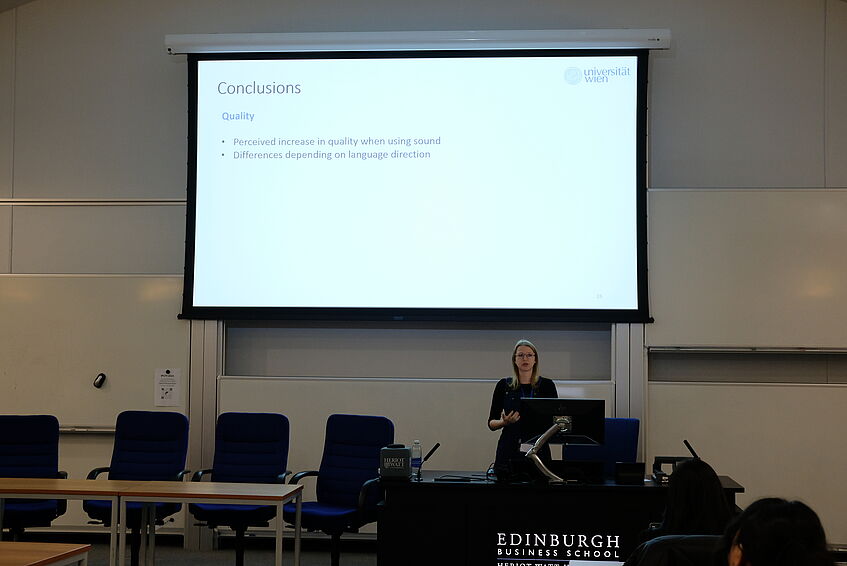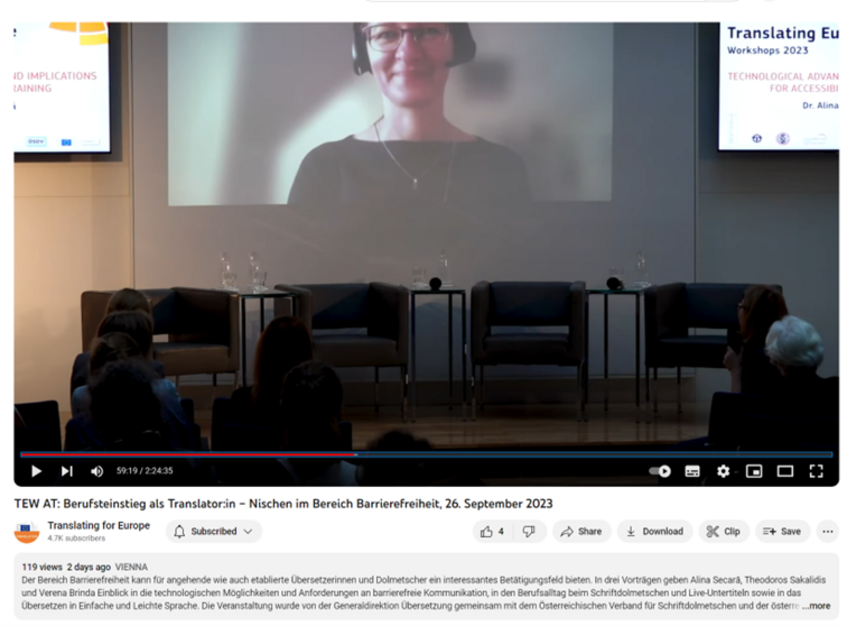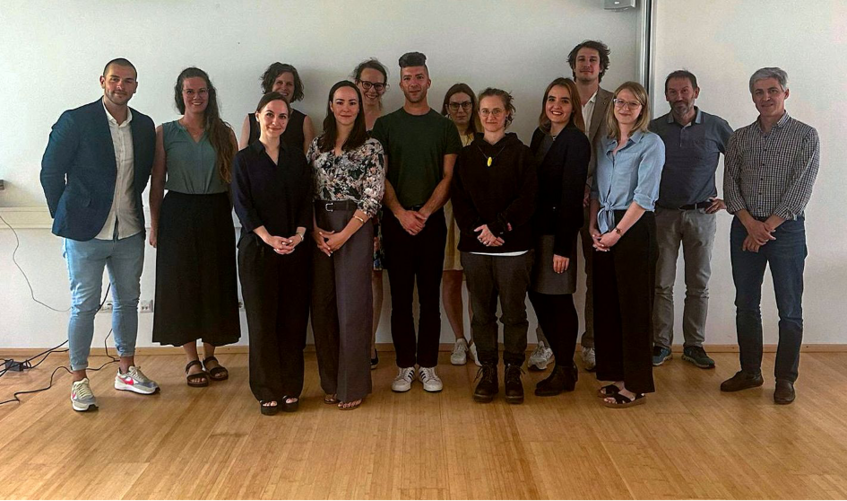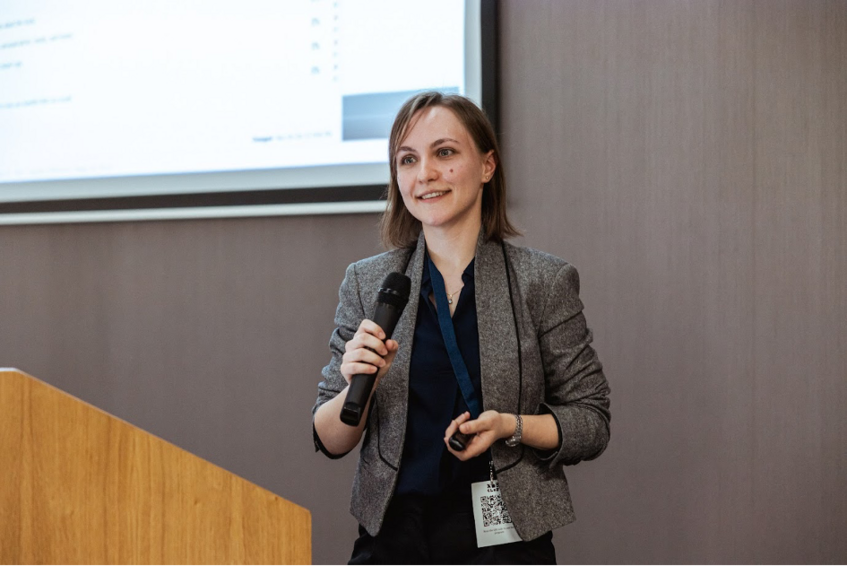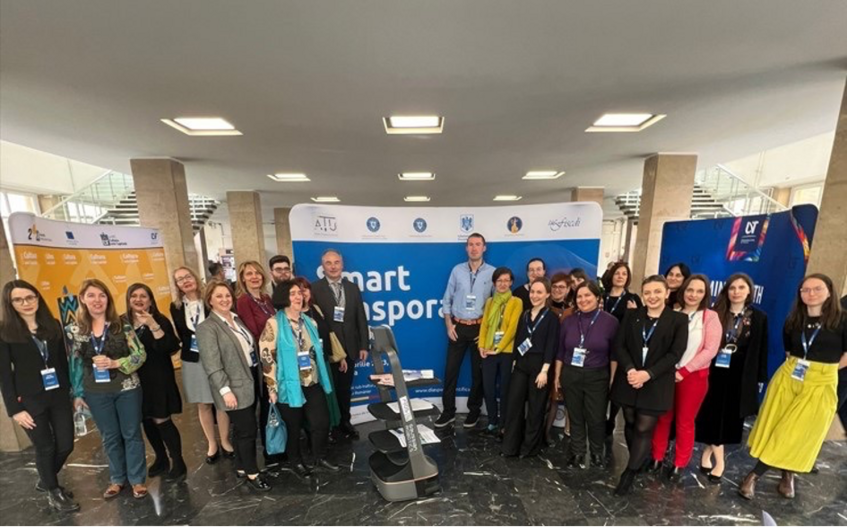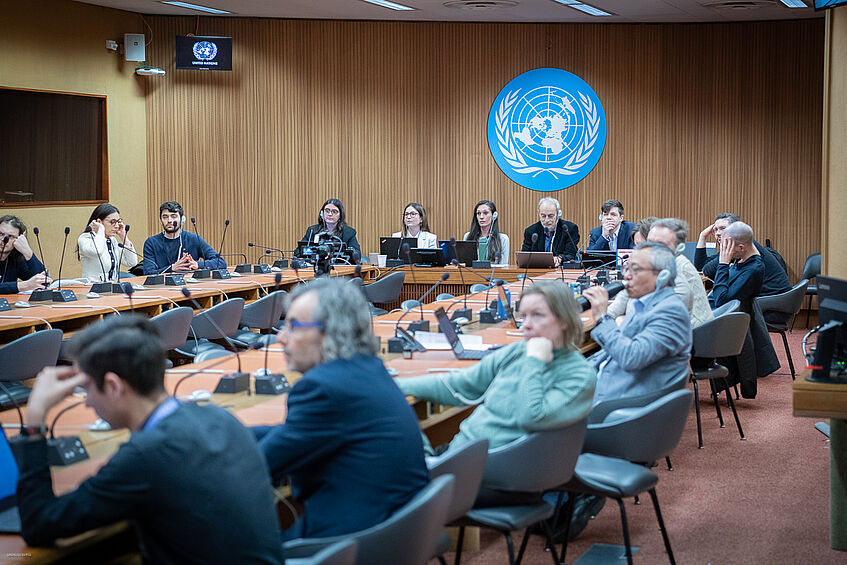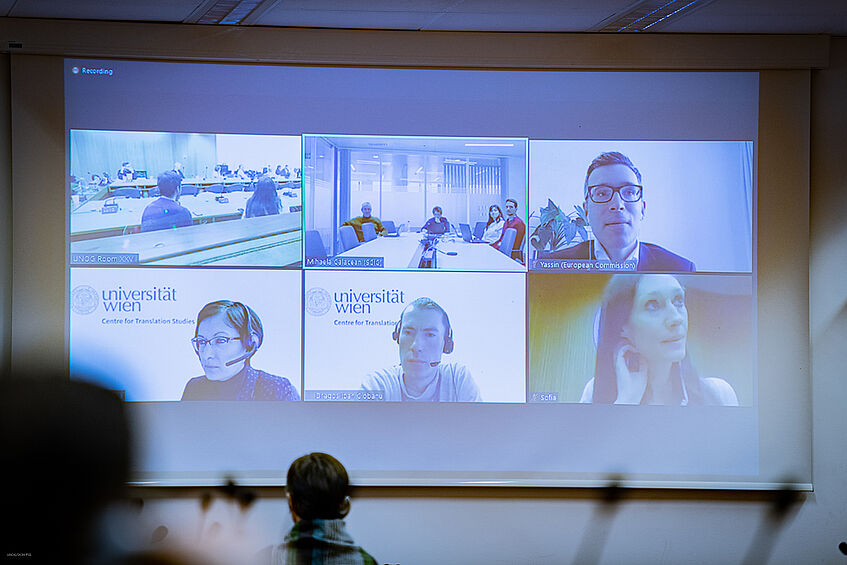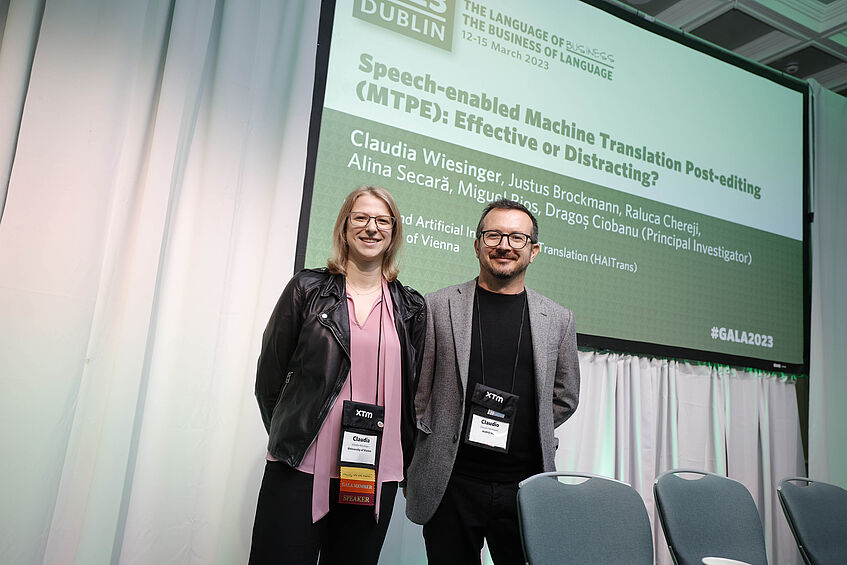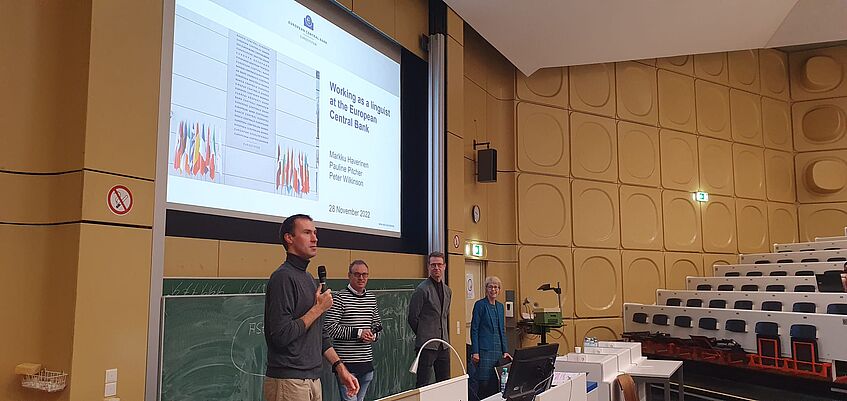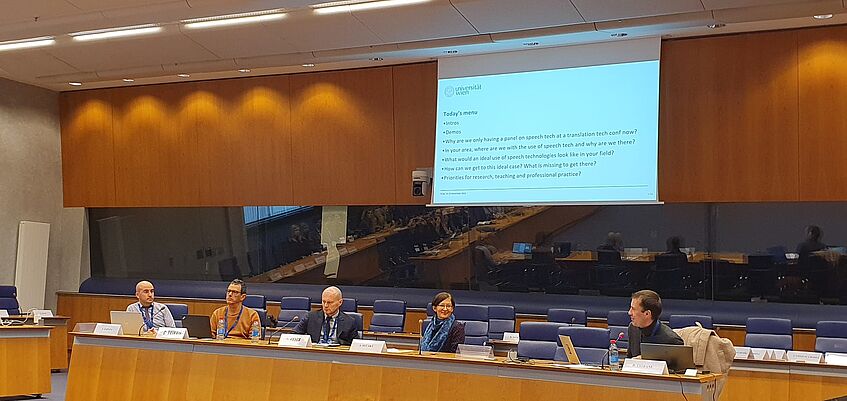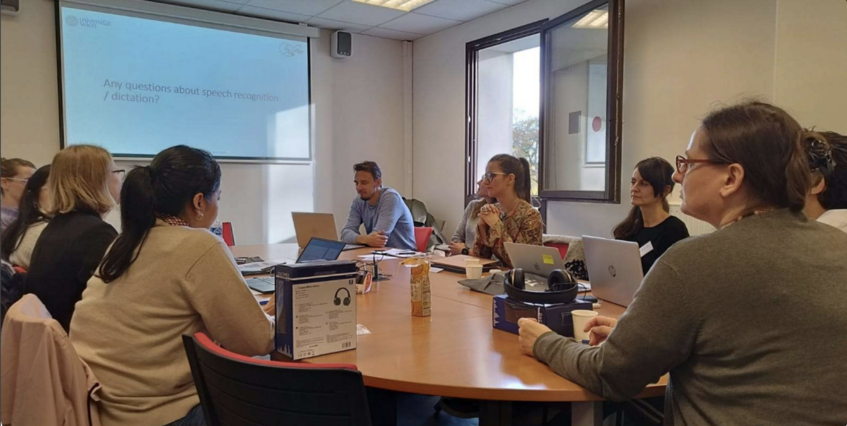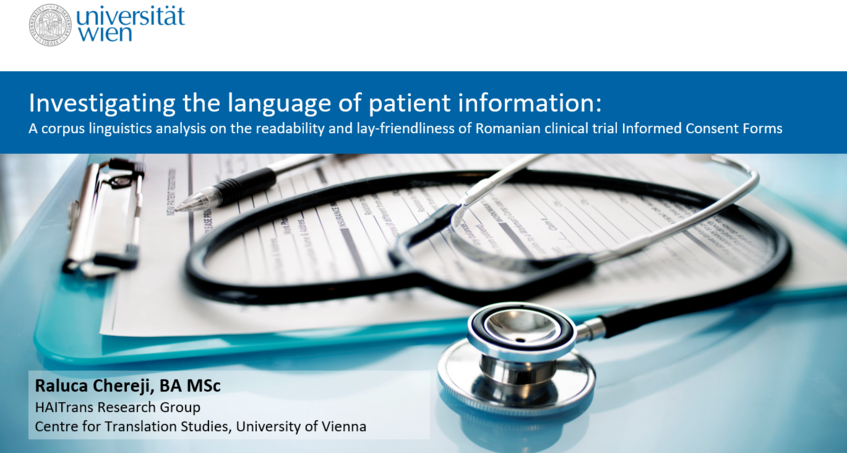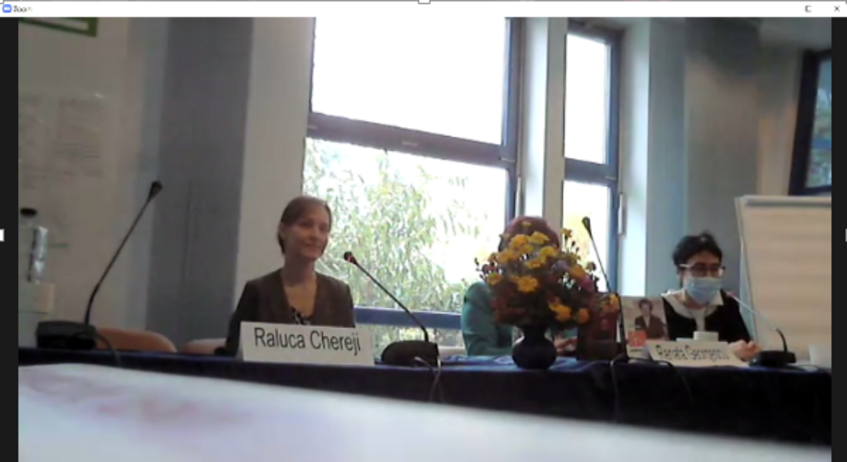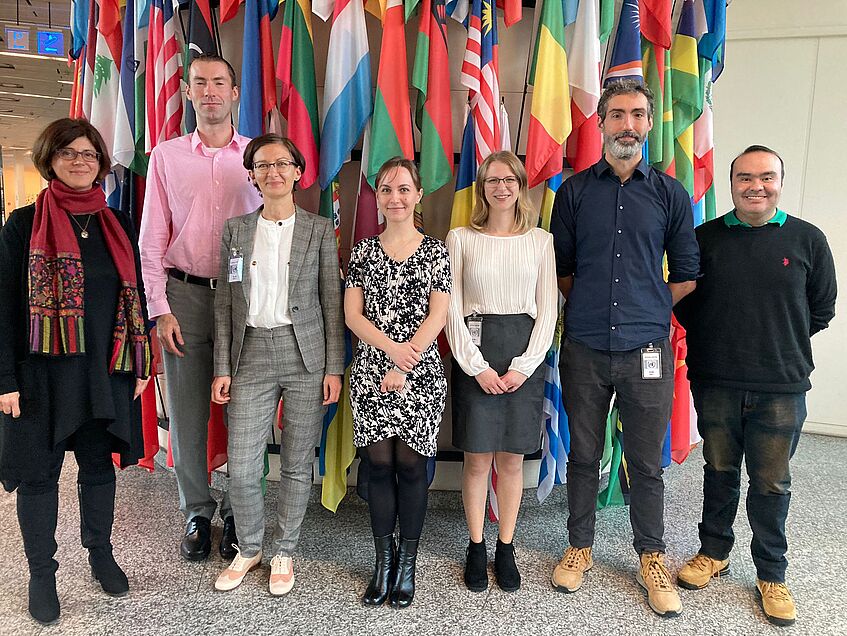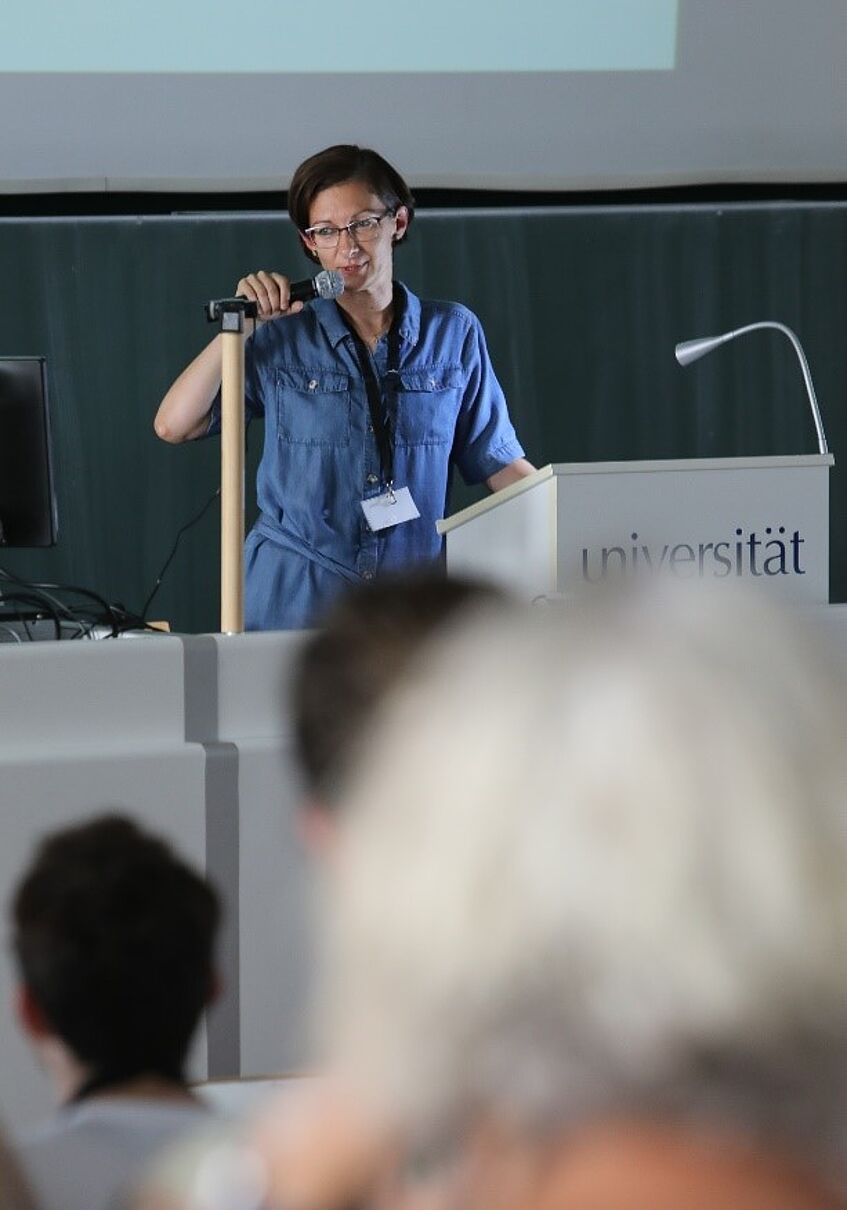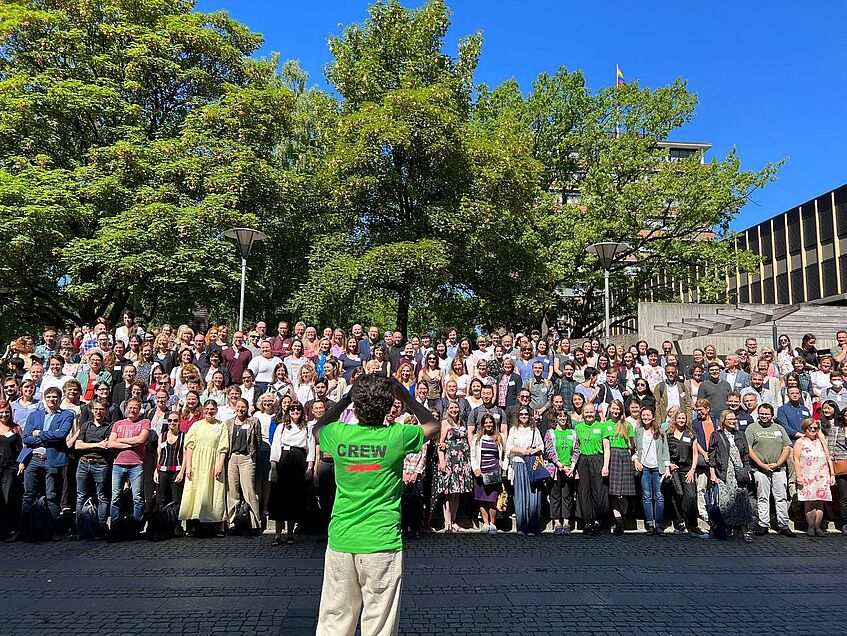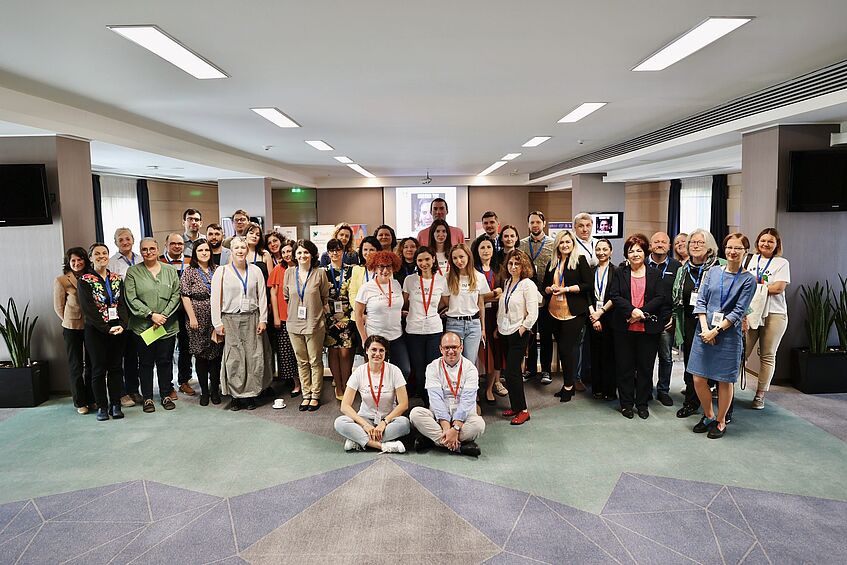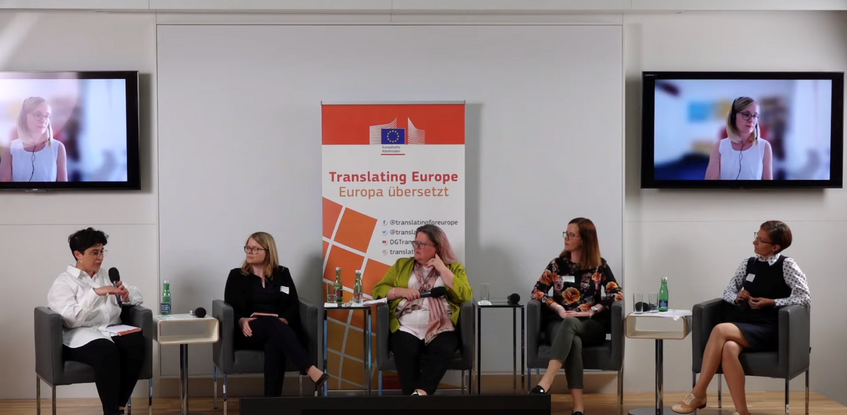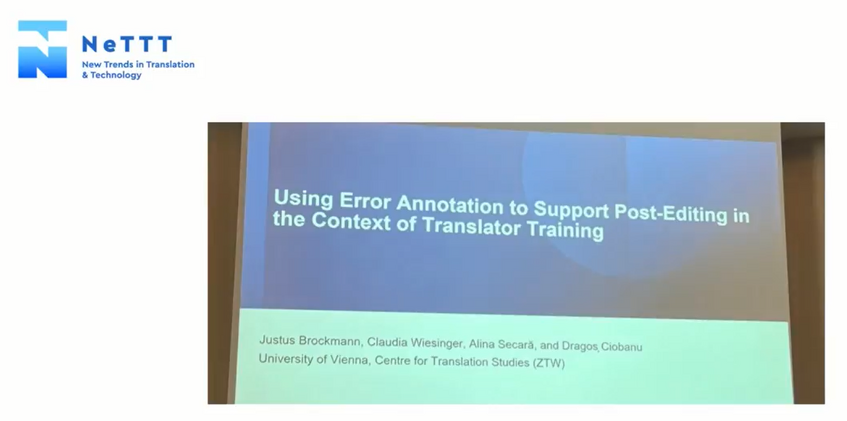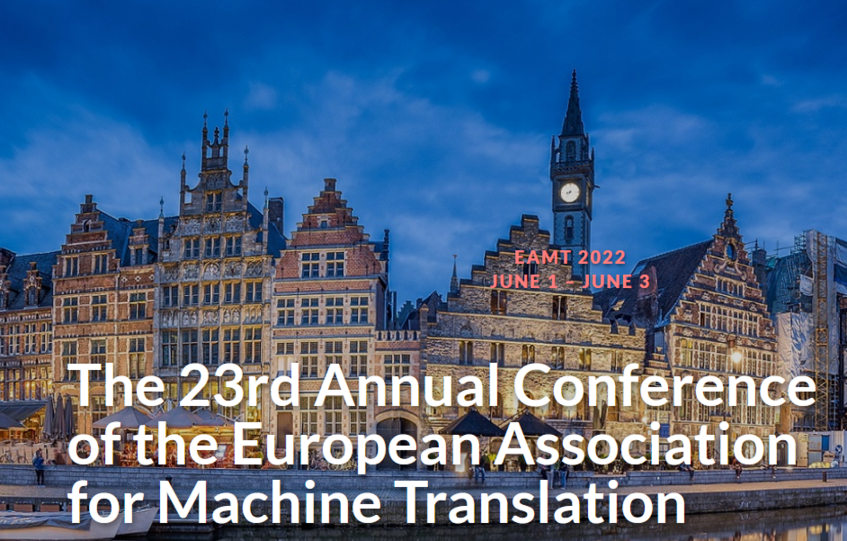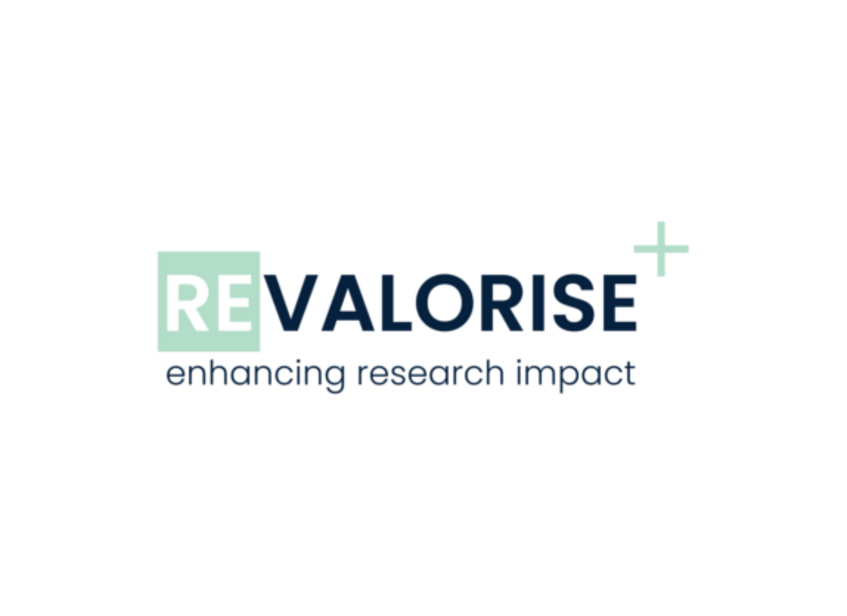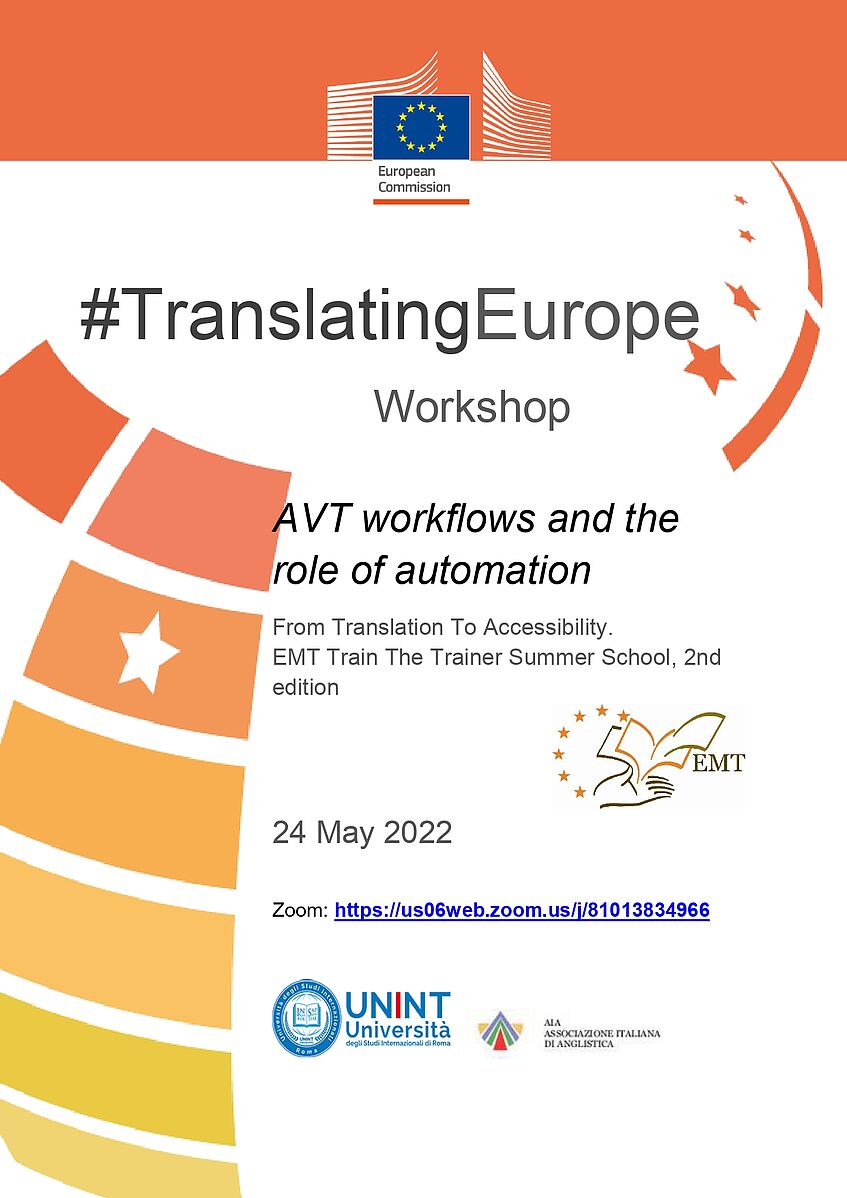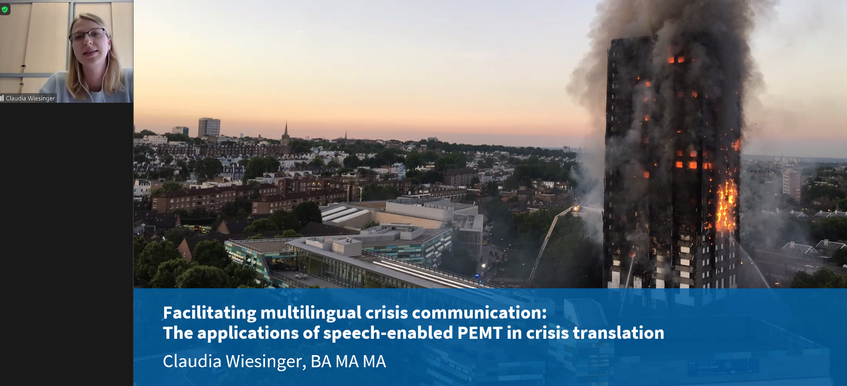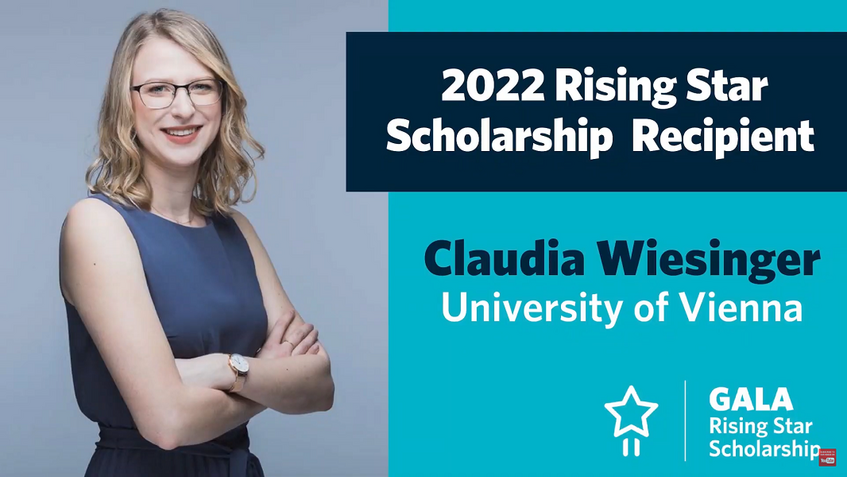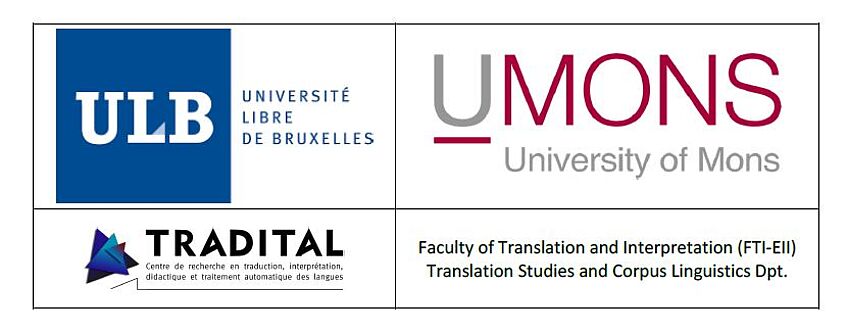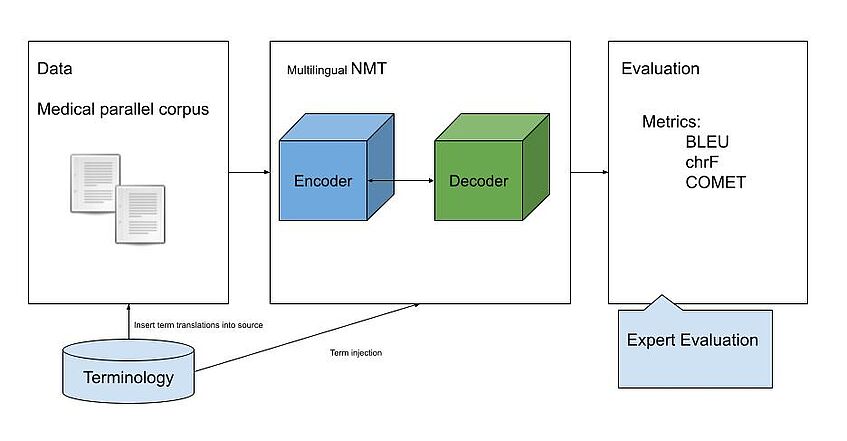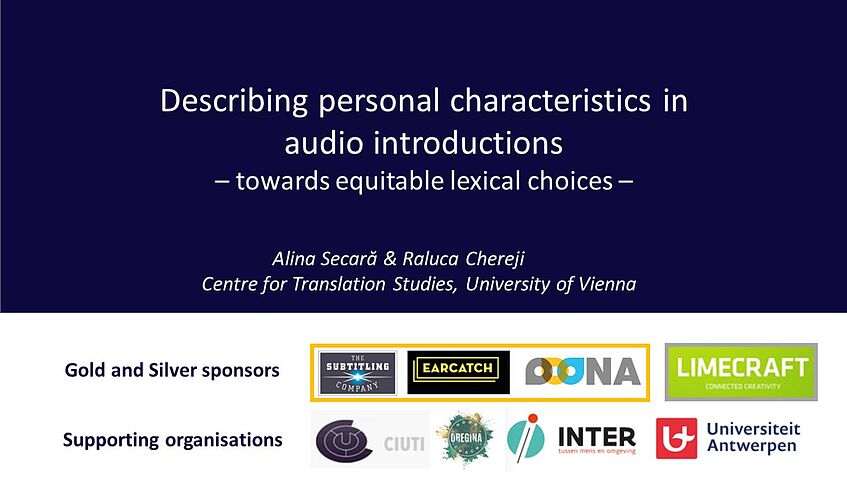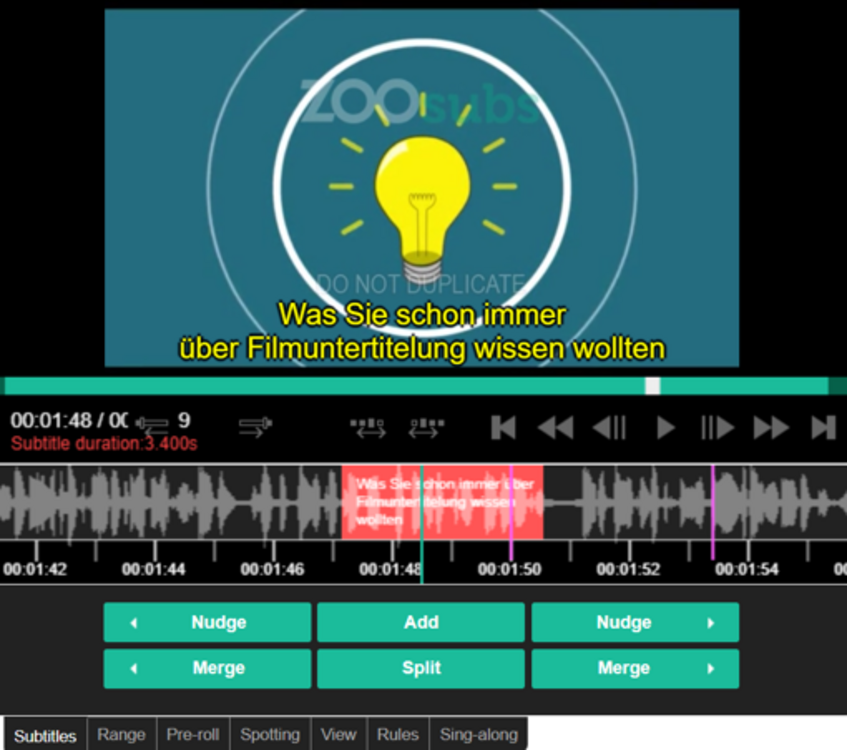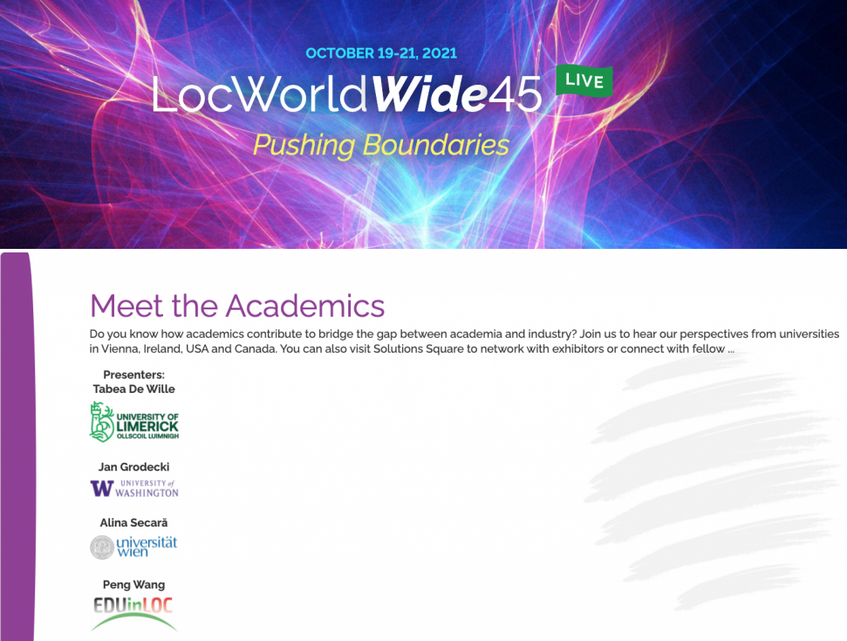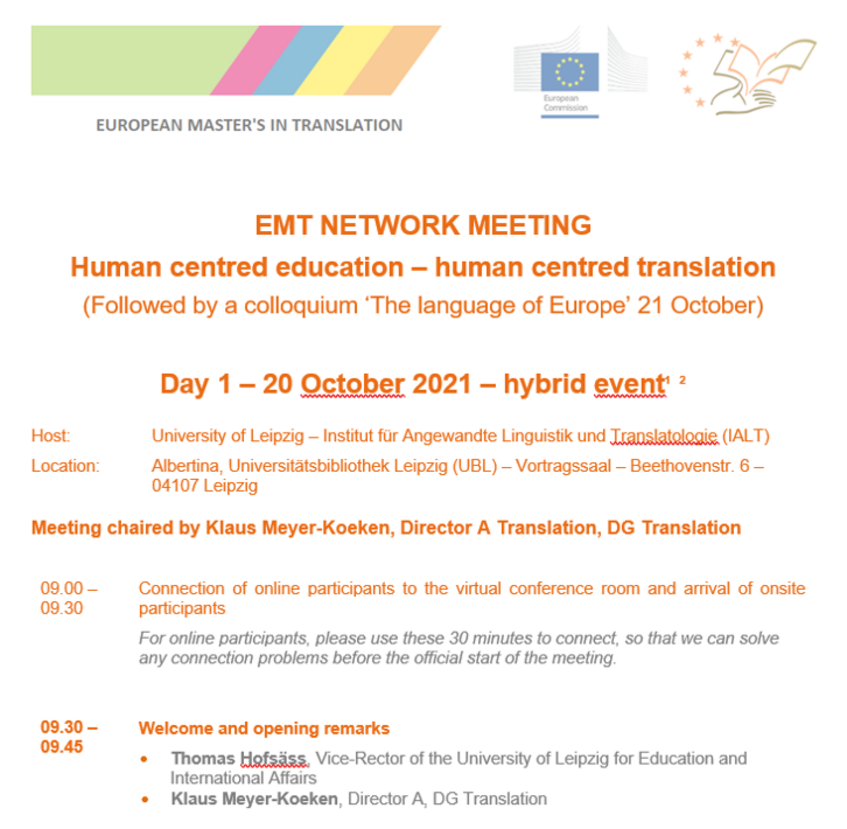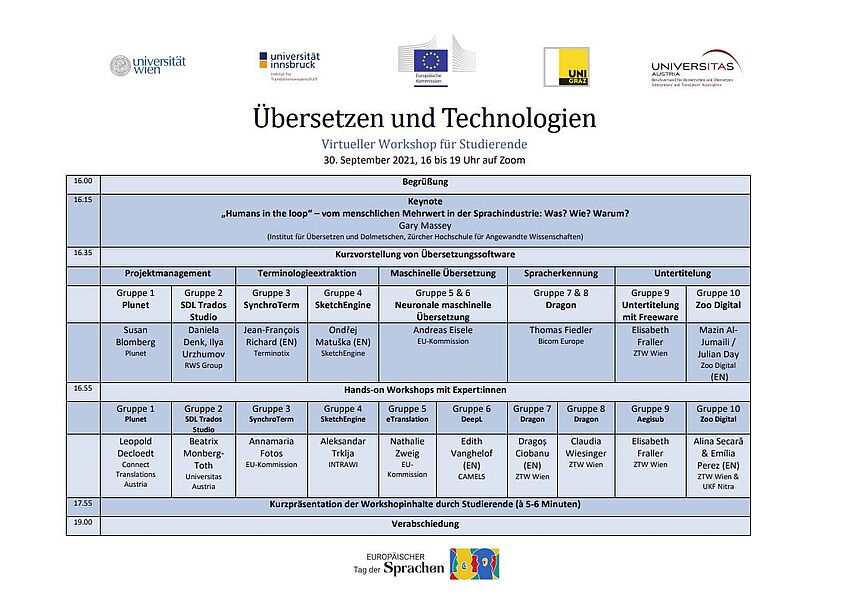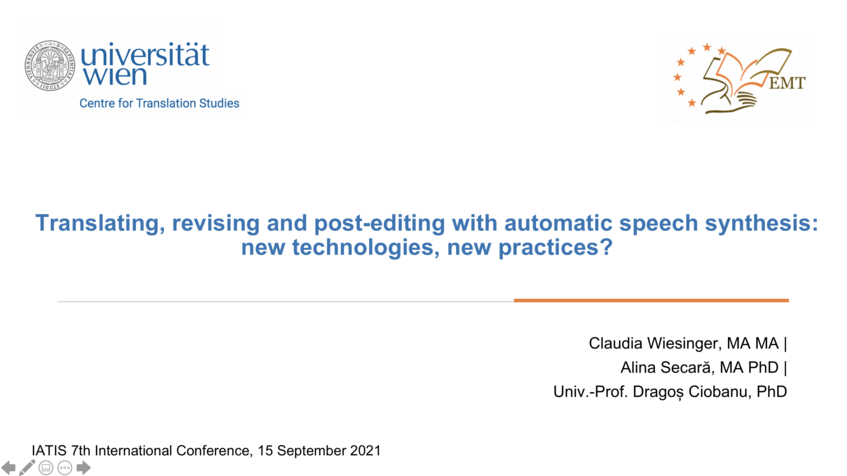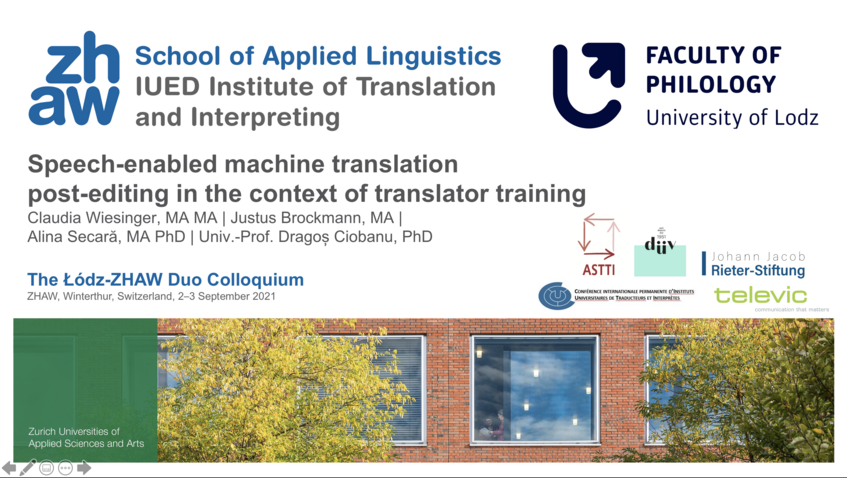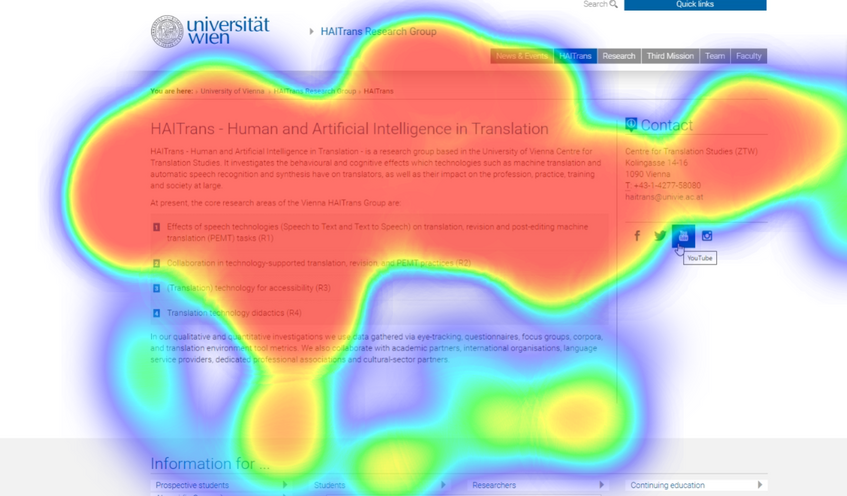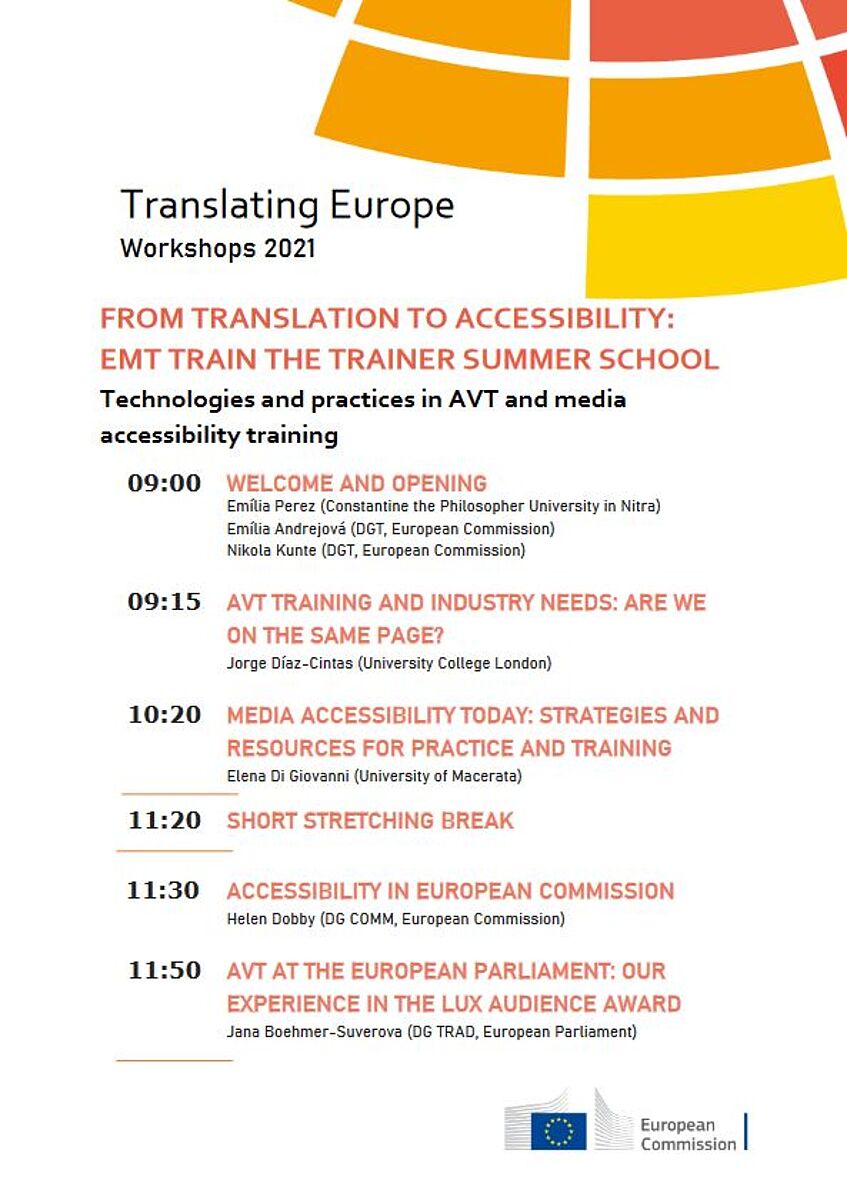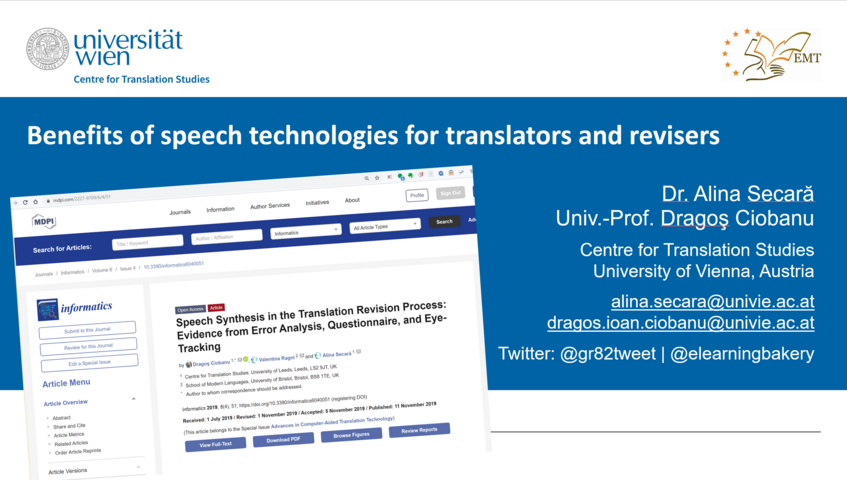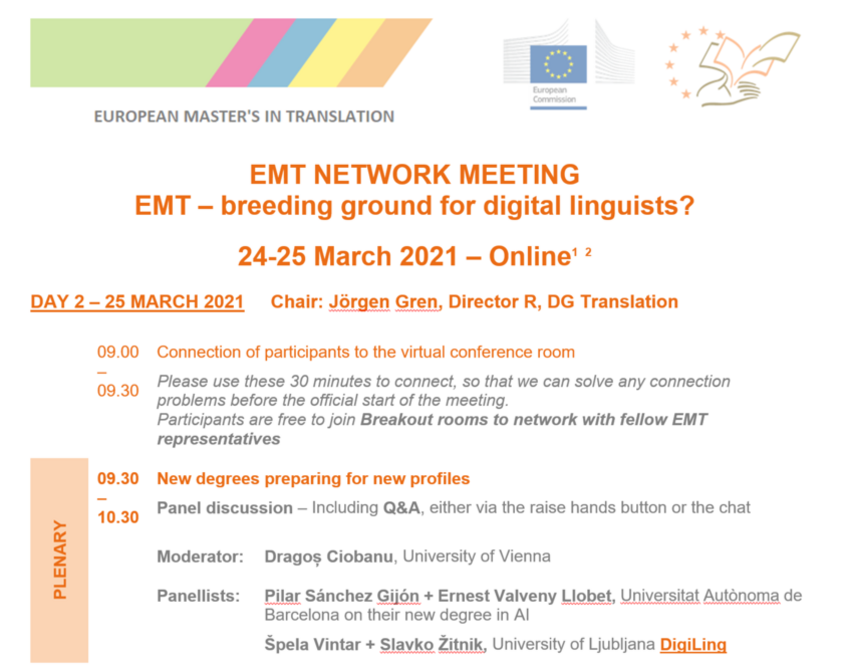Übersetzungstechnologien für Fortgeschrittene: Der Weg in die Hörsäle
Ein europäisches Projekt soll Lehrende darin unterstützen, Technologie in den Sprach- und Übersetzungsunterricht einzubeziehen.
Das von der Europäischen Kommission geförderte Projekt LT-LiDER (Language and Translation: Literacy in Digital Environments and Resources) soll neue Impulse für die Lehre im Bereich Technologien für Übersetzung und Spracherwerb setzen und so deren Verwendung in der Hochschullehre fördern. Die Initiative vereint sieben europäische Forschungs- und Bildungseinrichtungen unter der Leitung der Universidad Autónoma de Barcelona. Dabei steht eine zentrale Herausforderung im Fokus: Wie können Lehrende im Umgang mit fortschrittlichen Technologien unterstützt werden, sodass sie Studierende auf eine sich stetig wandelnde Arbeitswelt vorbereiten können?
Laut Pilar Sánchez-Gijón, Professorin am Institut für Übersetzung, Dolmetschen und Ostasienwissenschaften an der Universidad Autónoma de Barcelona und Leiterin des Projekts, findet derzeit ein revolutionärer Wandel im Bereich Sprachen und Übersetzung statt – ausgelöst durch Technologien der Künstlichen Intelligenz und, spezifischer, Technologien zur Verarbeitung natürlicher Sprache. Anders als bei Werkzeugen zur computergestützten Übersetzung (CAT), durch die herkömmliche Arbeitsprozesse ergänzt werden, brächten diese neuen Technologien eine grundlegende Neugestaltung der Arbeitsformen mit sich. Gleichzeitig sei es aber durch die Komplexität und rasche Weiterentwicklung der Technologien schwierig für Fachkräfte im Bereich Sprachen und Übersetzung, ihre Funktionsweise zu verstehen und ihr Potenzial voll auszuschöpfen, so Sánchez-Gijón weiter.
Eine internationale Zusammenarbeit für Innovation in der Lehre
Mit Unterstützung des Spanischen Dienstes für die Internationalisierung der Bildung (SEPIE) bringt LT-LiDER führende Forschungs- und Bildungseinrichtungen zusammen. Zu den Mitgliedern zählen die Universidad del País Vasco/Euskal Herriko Unibertsitatea (UPV/EHU) mit dem HiTZ-Zentrum, Dublin City University, Université Grenoble Alpes, Rijksuniversiteit Groningen, TH Köln sowie die Universität Wien mit der HAITrans-Forschungsgruppe. Gemeinsam arbeiten die Partnerinstitutionen daran, Ansätze und Arbeitsmaterialien zu entwickeln, mit denen die Einbindung aktueller Technologien in den Lernprozess ermöglicht wird. So sollen sowohl die Arbeitsqualität für die Lehrenden als auch die Vorbereitung der Studierenden auf die Arbeitswelt verbessert werden.
Das Projekt ist in zwei Bereiche aufgeteilt. Zum einen soll ein umfassender Überblick über die derzeit relevanten Sprach- und Übersetzungstechnologien gezeichnet werden, einschließlich derjenigen Technologien, die notwendig sind, um den aktuellen Anforderungen des Arbeitsmarktes gerecht zu werden. Zum anderen sollen innovative Lehrmaterialien entwickelt werden, die Lehrende im Umgang mit Technologie unterstützen werden und somit die Einbindung von Technologien in den Sprach- und Übersetzungsunterricht fördern. Neben einer Aktualisierung von Lehrinhalten können dadurch auch neue Schwerpunkte für die Ausbildung zukünftiger Generationen von Fachkräften gesetzt werden.
Projektfortschritt und Ausblick
Mit dem Abschluss des ersten Projektjahres werden auch erste Meilensteine gefeiert. Dazu zählt ein erfolgreiches Fortbildungstreffen an der TH Köln, in dessen Verlauf intensiv an der Ausgestaltung und den Inhalten des Handbuchs gearbeitet wurde, das im Zuge des Projektes zusammengestellt werden soll.
Im Rahmen des LT-LiDER-Projekts wurden zudem von Beginn an Initiativen angestoßen, deren Ziel eine verstärkte Sensibilisierung in der Branche und verstärkter Austausch zwischen den beteiligten Akteur*innen ist. Teil dieser Bestrebungen ist die Veröffentlichung einer Interviewreihe mit führenden Vertreter*innen aus der Praxis und aus dem akademischen Bereich, darunter Lynne Bowker (Université Laval), Stefan Mesken (DeepL) sowie Übersetzer*innen und Dolmetscher*innen des Baskischen Parlaments und Gesundheitsdienstes.
Laut Nora Aranberri, Mitglied des Baskischen Zentrums für Sprachtechnologie (HiTZ) und Assoziierte Professorin an der Universidad del País Vasco/Euskal Herriko Unibertsitatea, geben diese Interviews Aufschluss über die aktuelle Rolle der Übersetzung und die Auswirkungen von Technologie auf die Erbringung von Sprachdienstleistungen sowie über die Herausforderungen, die der rasche technologische Fortschritt mit sich bringt. Die wichtigsten Erkenntnisse aus den Gesprächen sollen in Berichten veröffentlicht und so Interessierten aus Lehre, Praxis und Studium zugänglich gemacht werden.
Aranberri erläutert weiter, dass LT-LiDER durch diese ambitionierte Initiative das Engagement europäischer Hochschulen in den Bereichen Innovation und exzellente Lehre unterstützt, damit Lehrende wie Studierende sich den Herausforderungen eines dynamischen und hochtechnologisierten Arbeitsfeldes stellen können.
Der Beitrag der HAITrans-Forschungsgruppe besteht in der Erstellung eines Überblicks über die relevanten Technologien und Fertigkeiten sowie in zwei Kapiteln für das Handbuch, die sich auf die Arbeit mit ressourcenarmen Sprachen sowie den Einsatz von Sprachtechnologien im Übersetzungsprozess konzentrieren.
https://lt-lider.eu

